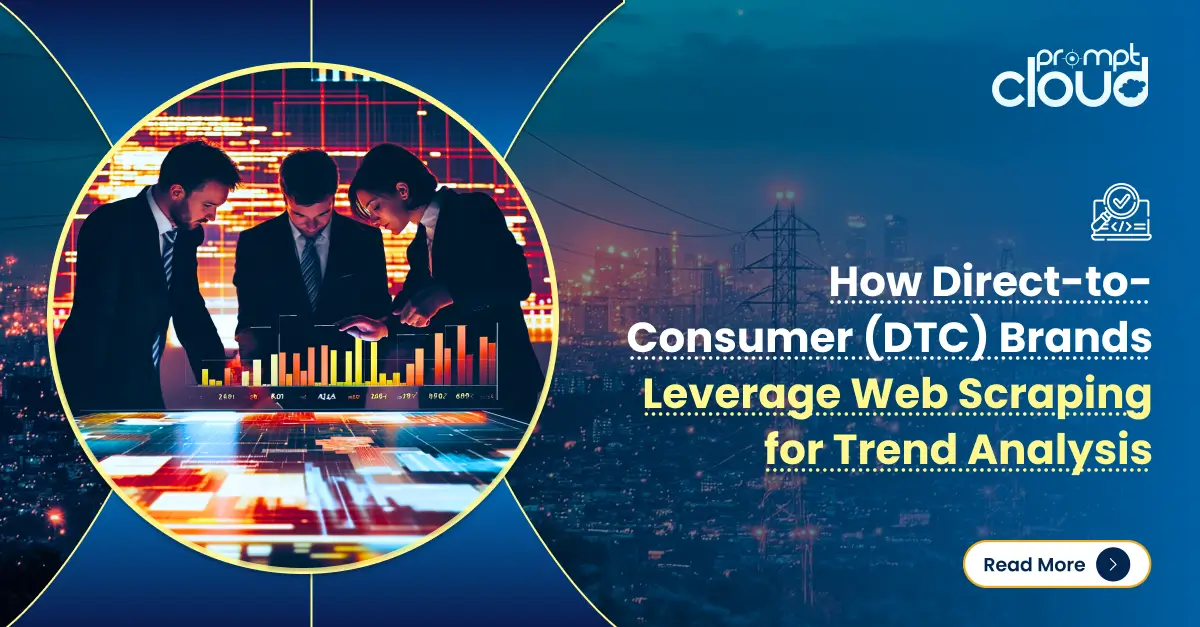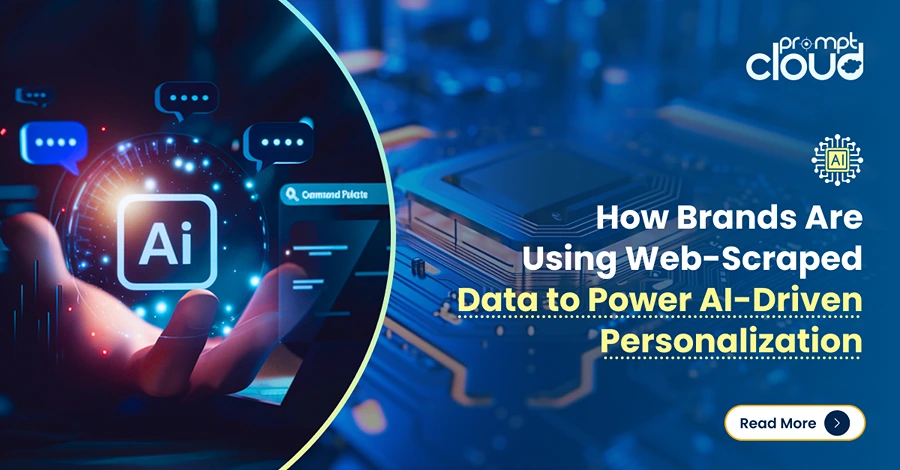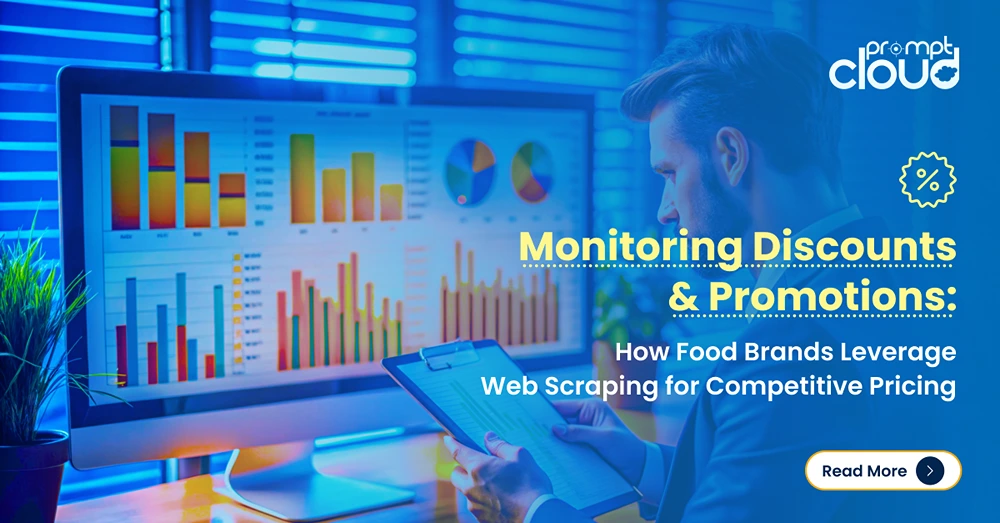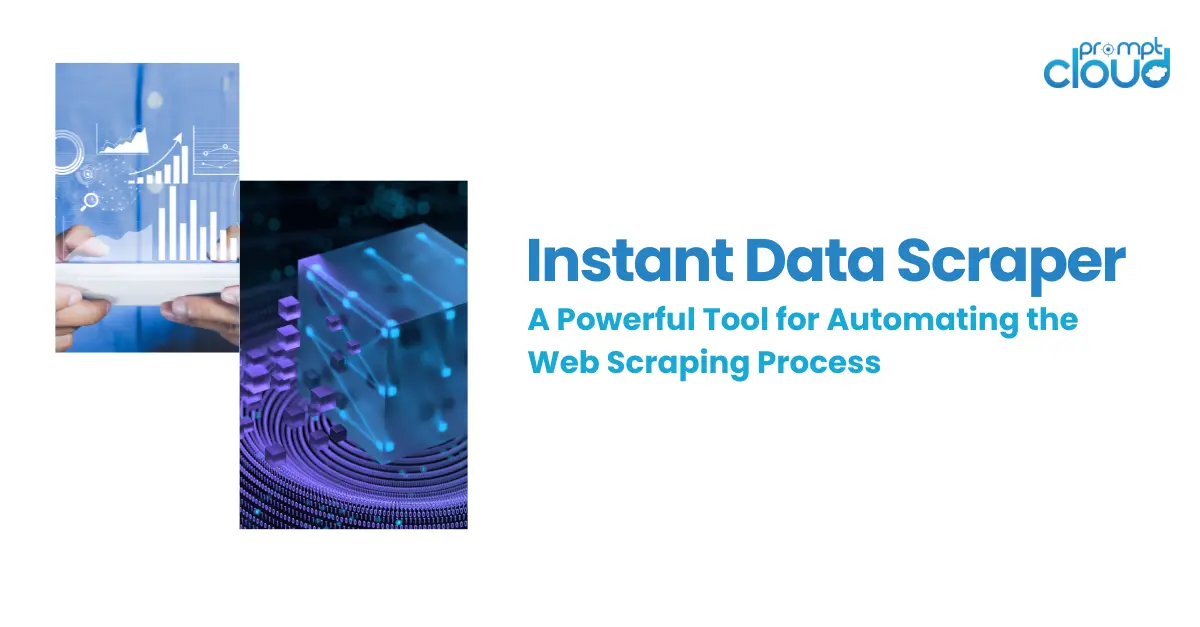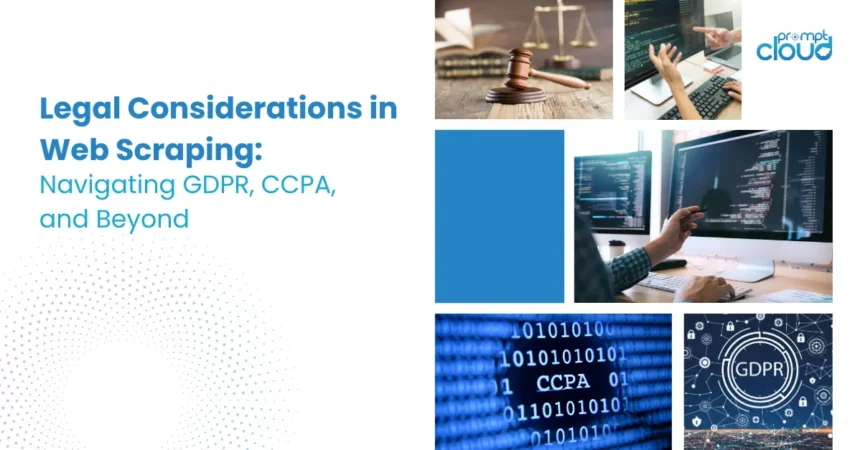
In the digital age, web scraping has become a pivotal tool for businesses and researchers alike, offering unparalleled access to vast amounts of publicly available online data. However, as the volume of data and the potential for its misuse have grown, so too have the legal frameworks governing data privacy and protection. Understanding the legal landscape, including the General Data Protection Regulation (GDPR) in the European Union, the California Consumer Privacy Act (CCPA), and other pertinent regulations, is crucial for anyone engaging in web scraping activities.
Legal Considerations in Web Scraping
Is web scraping legal? Well, the legality of web scraping hinges on a complex interplay of factors, including the methods employed, the type of data collected, and adherence to various legal frameworks. Key considerations include respecting the terms of service of websites, compliance with copyright laws to avoid unauthorized use of protected content, and following data protection regulations like the GDPR in the EU and the CCPA in California, which set strict guidelines for personal data collection and processing. Additionally, measures to prevent system overload or harm to the targeted websites are crucial from both an ethical and legal standpoint. Ultimately, while web scraping can be a valuable tool for data collection and analysis, it requires careful navigation of legal boundaries and ethical practices to ensure compliance and avoid potential legal repercussions.
Understanding GDPR in Web Scraping
The GDPR, which took effect in May 2018, revolutionized data protection for individuals within the European Union. Its reach, however, extends far beyond European borders, affecting any organization worldwide that processes personal data related to EU citizens. Here are key points to consider:
- Consent and Legitimacy: Ensure that data collection is either based on the explicit consent of the individuals concerned or justified by a legitimate interest that does not override individual privacy rights.
- Transparency: Inform individuals about what data is being collected, how it will be used, and who it will be shared with.
- Data Minimization and Purpose Limitation: Collect only the data necessary for the specified purpose and do not repurpose personal data without further consent.
Similar to GDPR, the CCPA provides robust privacy protections for California residents. It introduces rights to access, delete, and opt-out of the sale of personal information. For web scrapers, this means:
- Consumer Requests: Be prepared to respond to consumer requests regarding their personal information collected through scraping activities.
- Sale of Data: If you collect and sell data, individuals have the right to opt-out. Ensure there are mechanisms in place for consumers to exercise this right.
Beyond GDPR and CCPA: A Global Perspective
Data protection laws are not confined to the EU and California. Regions around the world, including Brazil with LGPD, Canada with PIPEDA, and others, have enacted similar regulations. The key is to maintain a global perspective on privacy and data protection, understanding and complying with local laws in each jurisdiction where you operate.
Best Practices for Legal Compliance
- Conduct a Data Protection Impact Assessment (DPIA): Before embarking on a web scraping project, assess the potential impact on individual privacy.
- Adhere to Website Terms of Use: Many websites include provisions on automated data collection in their terms of use. Respect these terms to avoid legal pitfalls.
- Implement Robust Data Governance: Establish data governance policies that cover data collection, storage, use, and deletion, ensuring compliance with global regulations.
The Path Forward
As web scraping continues to evolve, so will the legal frameworks governing it. Staying informed about changes in data protection laws and adapting your scraping practices accordingly is not just about legal compliance; it’s a commitment to ethical data collection that respects individual privacy. Now, you must be clear about is web scraping legal or not.
By understanding and navigating the complexities of GDPR, CCPA, and other data protection regulations, businesses can leverage web scraping’s full potential while maintaining trust and integrity in their operations.
Is web scraping legal? Definitely yes, if you scrape responsibly. Unlock the full potential of your data-driven strategies with PromptCloud’s cutting-edge web scraping solutions. Whether you’re seeking to enhance market research, competitor analysis, or customer insights, our bespoke data extraction services are tailored to meet your unique business needs. Don’t let valuable data slip through your fingers. Contact PromptCloud today to explore how our web scraping expertise can transform your data collection efforts into a strategic asset. Dive deeper into the world of data with PromptCloud – your partner in navigating the vast digital landscape. Get in touch with us at sales@promptcloud.com











